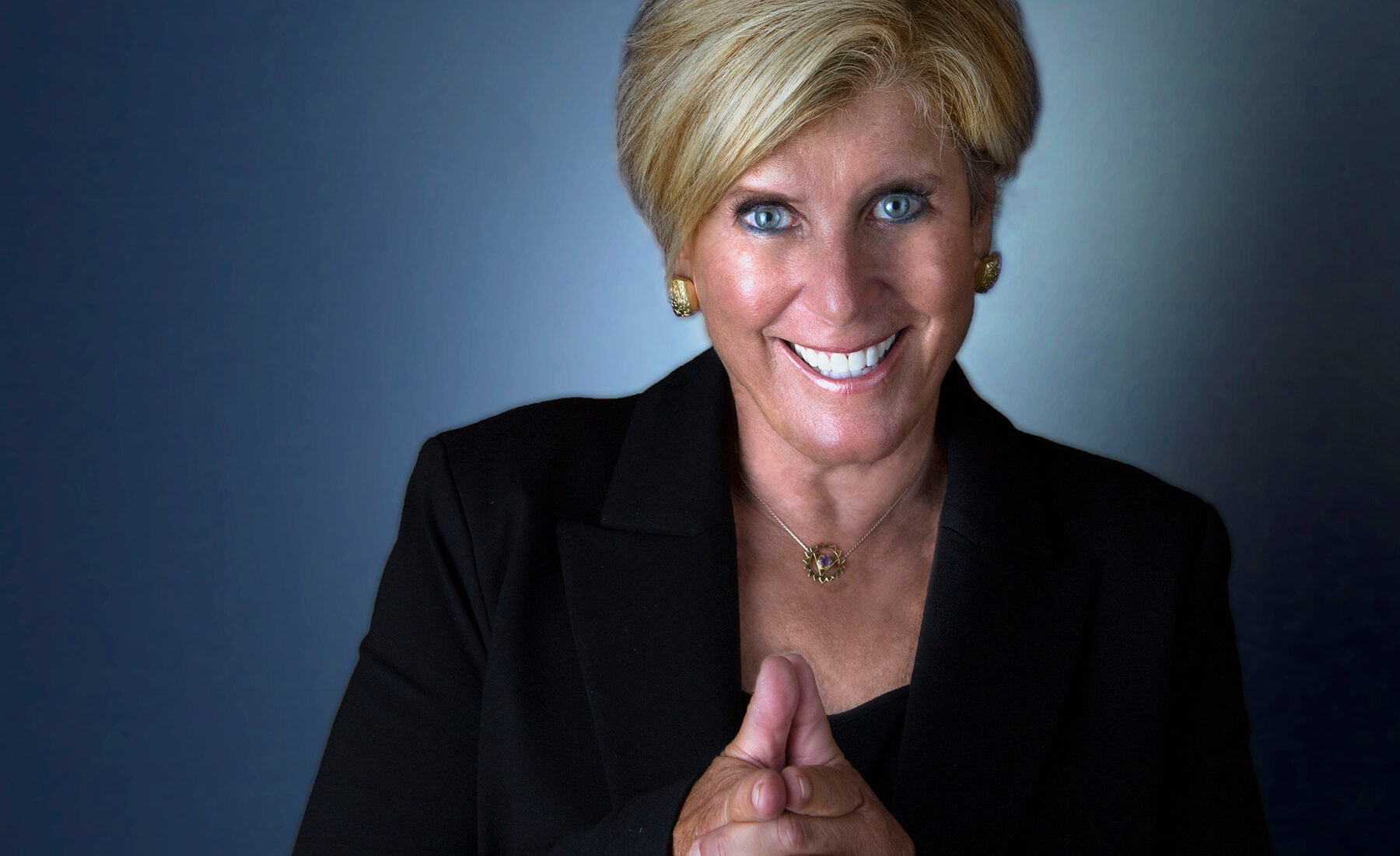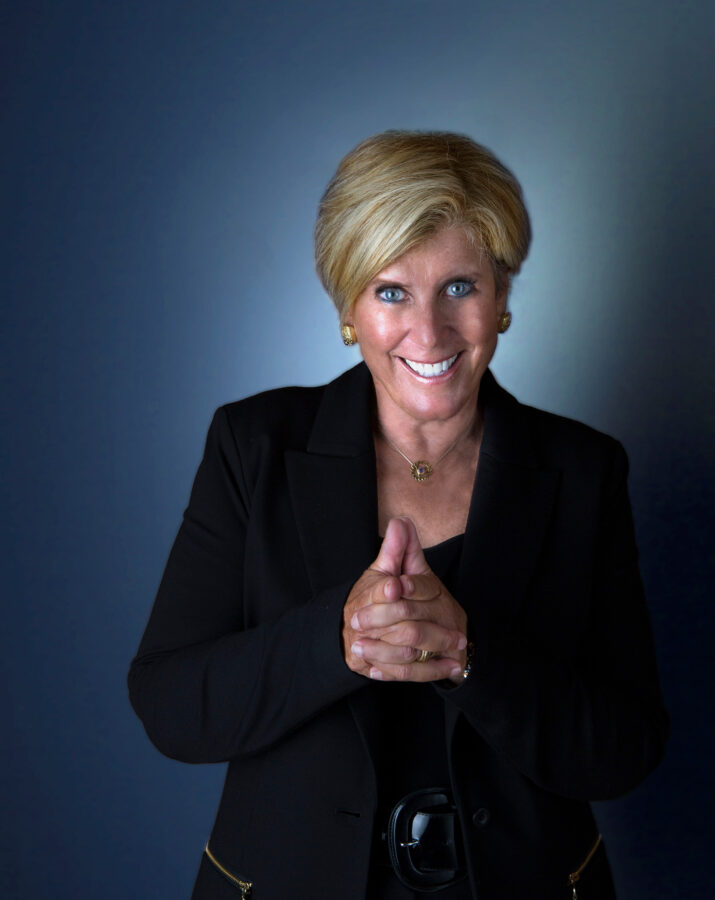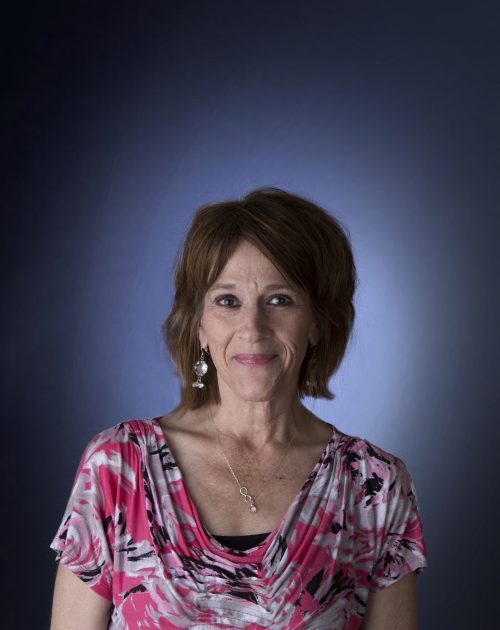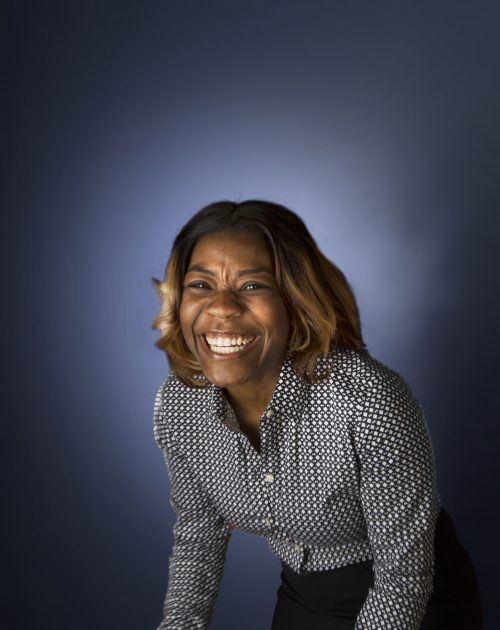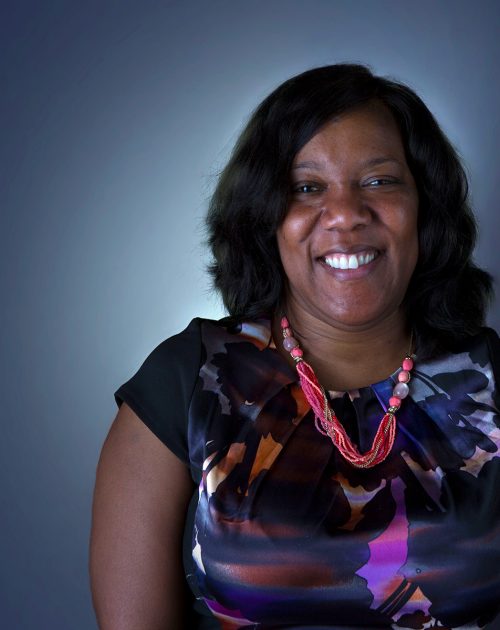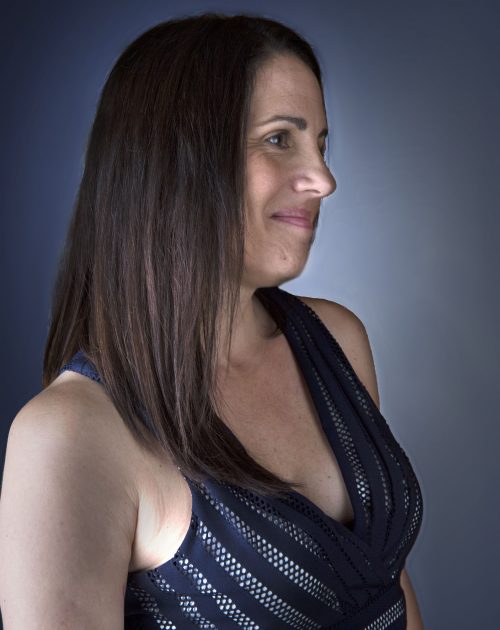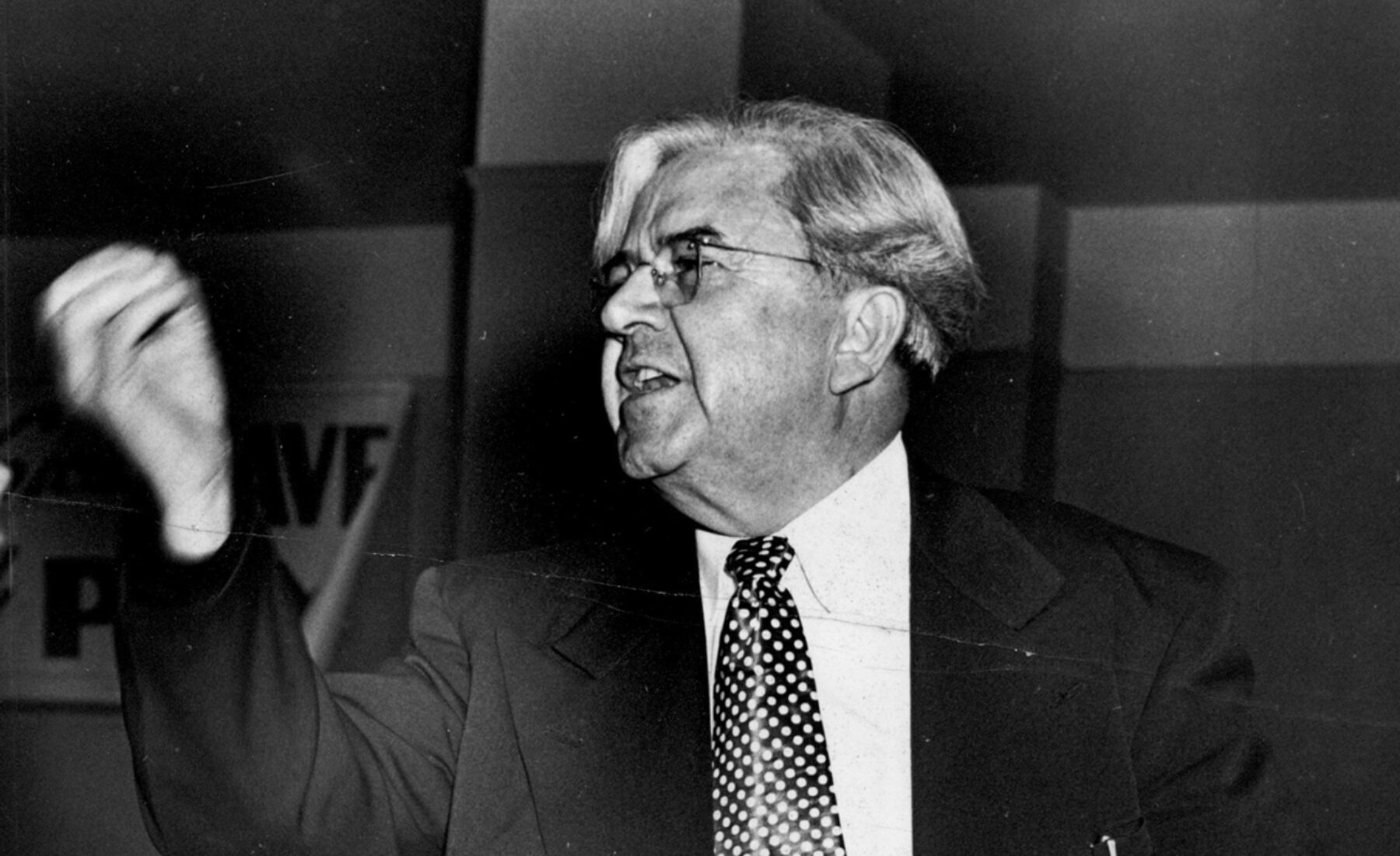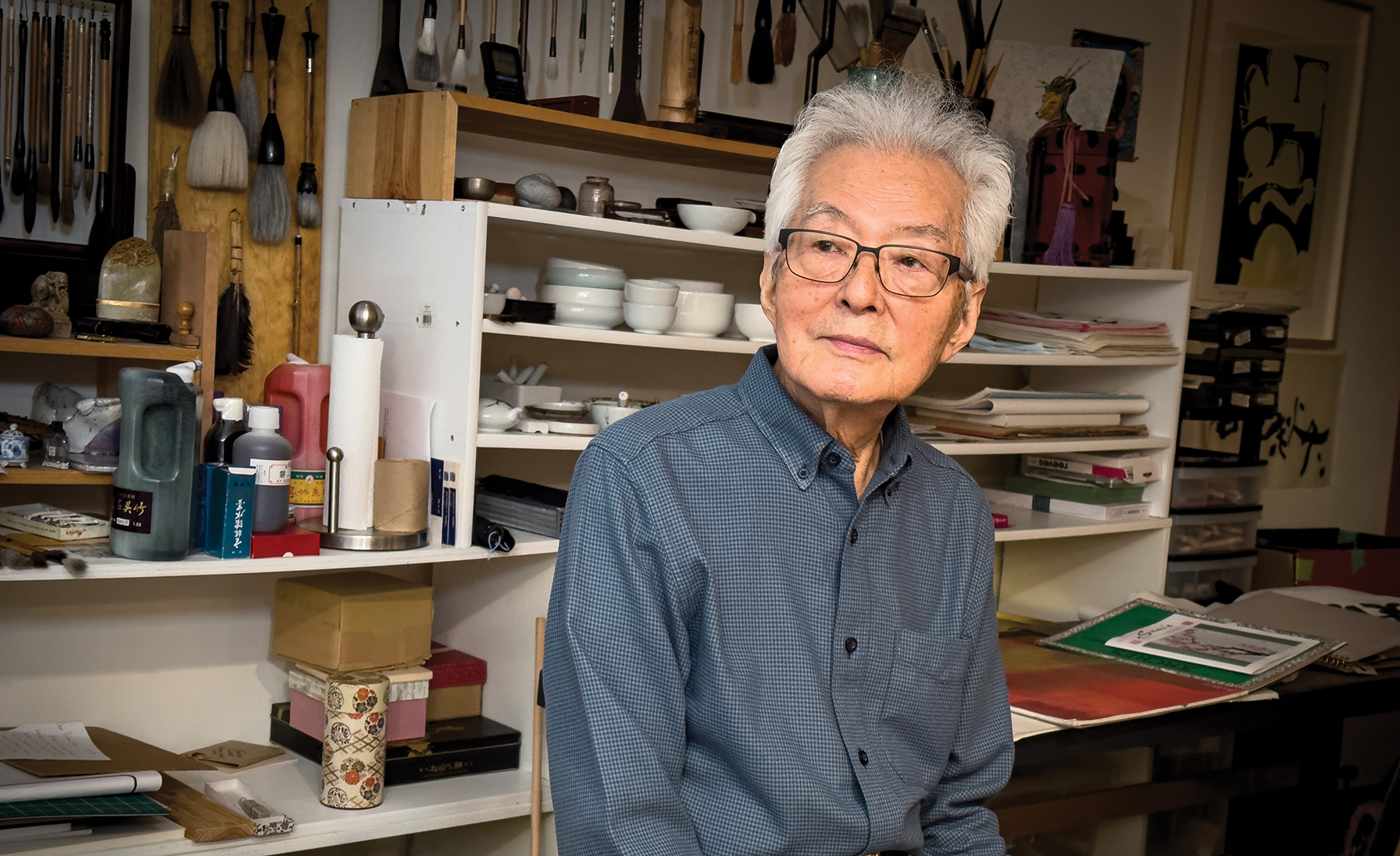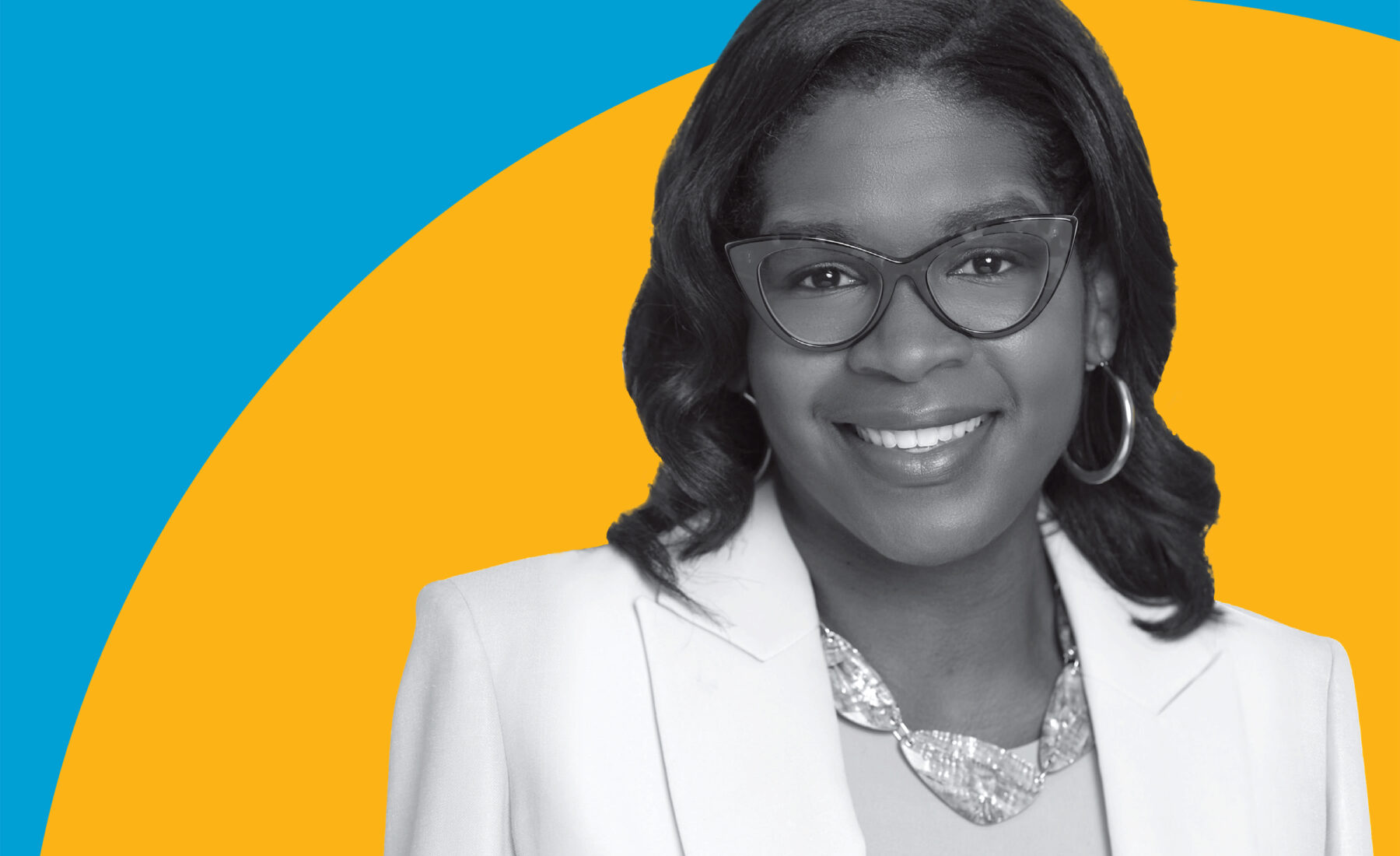On first glance, Suze Orman may not seem like a typical social worker. She made her mark in the world of personal finance with a successful career as a financial advisor, best-selling author, and television host. In truth, she has never strayed far from her social work roots. Suze’s approach to achieving financial stability and success is grounded in connecting our social and emotional well-being to our decision-making processes around money. Some even call her a financial social worker.
Her best-selling book, The Nine Steps to Financial Freedom greatly influenced society’s conversation around money, especially among women. “It was a book written about the heart and what was important. It was about being open to receive that which is meant to come your way, and how recognizing what true wealth really is—and it is not about money. Those are things that you learn as a social worker,” she said.
Suze is a steadfast supporter of the School of Social Work, and this spring she came back to campus to award the seventeenth Suze Orman Award to a graduating MSW student. The Orman Award is always given at graduation and is always a surprise to the recipient. “It is usually a student who not only excels in their grades, but who has gone above and beyond the call of duty to help their family or help those they don’t even know,” she said.
Joining Suze this year were six previous recipients, all of whom met with Suze and shared their stories with her. It was a moving experience to bring the group together, and to listen to the impact the gift had on the recipients—not only financially but, most importantly, as a recognition of their achievement and their potential.
Acknowledging the intense and often emotional service inherent to the field of social work, Suze wants the Orman Award recipients to remember to address their own needs as well. “I would hope in the same way they were chosen to receive this gift, they choose themselves,” she said. “To continue to give themselves gifts. To take care of their own emergency funds. To make sure they have their own retirement accounts set up. To make sure they have their own insurance in place. That they give to themselves as much as they give of themselves.”
“I hope that you get that we thought you mattered, and that’s why you got this gift. I hope you continue to matter to yourself. And if the day comes that you can pay it forward, fine. And if that day never comes, your service that you do for others is paying it forward enough.”
